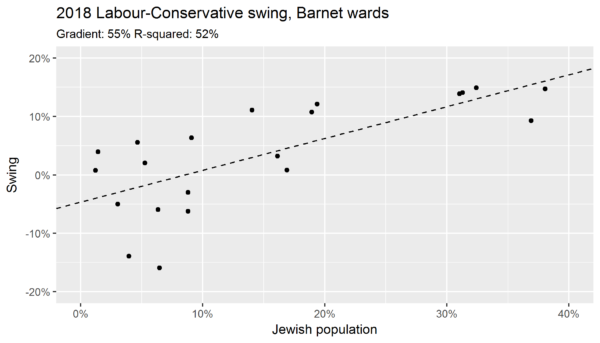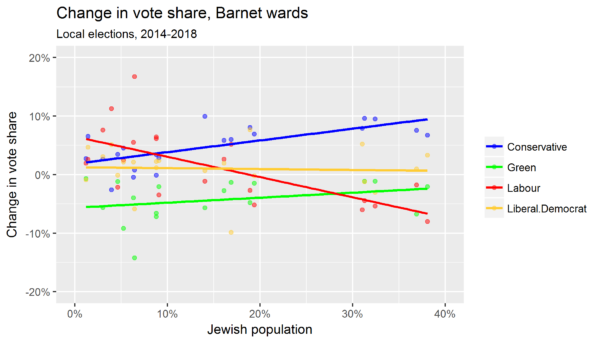On 20 March this year, I joined my head of department, Ann Hewings, in contributing to a cross-faculty staff seminar on using e-learning and large datasets for digital literacy development with undergraduate students. Unsurprisingly, there was discussion of digital humanities resources: in particular, the online Old Bailey Proceedings, 1674-1913, introduced by Francesca Benatti, and the Open University’s own Reading Experience Database, discussed by its director, Shafquat Towheed. Two librarian colleagues, Katharine Reedy and Sam Thomas, also spoke, explaining the Open University’s award-winning Digital and Information Literacy framework – in effect, a cross-disciplinary, skills-based curriculum to be studied by every Open University student alongside the knowledge- and skills-based curricula associated with each qualification pathway – and arguing that literacy training of this sort is most effective when integrated with substantive course content. Sam was kind enough to illustrate this point mainly with online activities that she and I had developed together for U214 Worlds of English – the mid-level undergraduate module that Ann and I were scheduled to speak about. (Ann was the chair of the team that produced U214; I played various roles on the team, including co-ordinating the online activities.) However, from my point of view, the most interesting presentation was the long opening talk by Robin Goodfellow of the Open University’s Institute of Educational Technology. Robin’s ESRC-funded Literacy in the Digital University seminar series has provided valuable insights into the conceptual and ideological basis of digital literacy and digital literacy training, and I’ll cover his talk last because it serves to problematise what the rest of us were talking about.
Continue reading “The autonomous model of digital literacy?”

